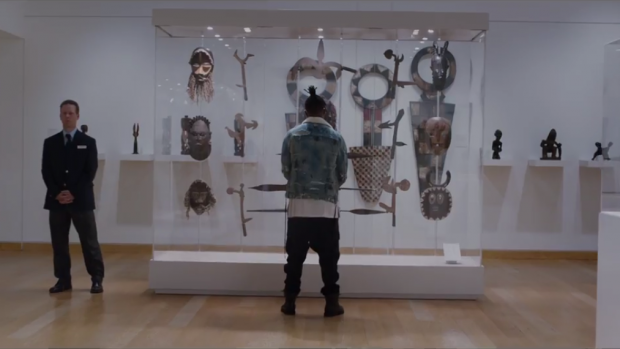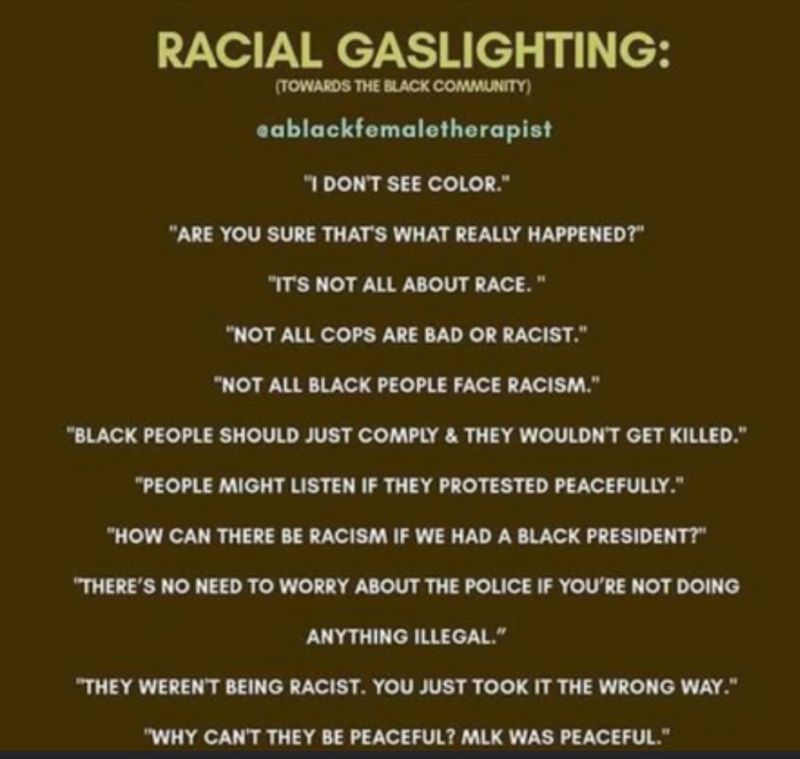Sticker vs tattoo
Have you ever been accused of being racist? Here’s how to handle it…
Let’s just get the elephant out of the room — I’m not accusing you of saying or doing anything racist!
Maybe you have — maybe you haven´t — maybe you don’t even know. But, this is something that comes up in my workshops so I wanted to share it here with you.
Okay, play along with me here…
Imagine you say something at work and someone turns around and says “that was racist
” — or worse yet, makes a complaint against you.
Whaaaaaaaaat?! You are outraged!
What do you say? How do you combat this?
Here’s what I have seen a lot:
Option A:
You get defensive and try to shut that down with comments like “What?! I’m not racist, I’ve got Black friends/an Asian partner/adopted kids from Nigeria” — or something along these lines.
Option B: You feel shame, you feel terrible, you can’t stop thinking about this and you internalize it so much that you finally feel it must be true. You are a racist.
I guess there’s also option C — that you just don’t care — but I’m figuring you wouldn’t be reading this blog
if you think like that!
Brené Brown talks about the difference between guilt and shame in her book Daring Leadership. The idea is that shame feels very permanent and defines who you are — like a tattoo you can’t erase. By contrast, guilt can be more temporary, like a sticker you wear for now but you can take it off and throw it in the trash later.
With both options A and B above, you are reacting as if someone has tattooed “racist” on your forehead, there to stay forever more, which completely goes against your perception of yourself.
But, I invite you to do something different. Wear it like a sticker.
It does not have to define you or be part of who you are forever. But if someone said you said something racist, then I invite you to explore that.
So maybe you say: “Oh, okay. Can you tell me more about how that is understood as racist?”
Then after the explanation, you may say, “Ok, I can see how that is racist. I take responsibility for saying that.”
Or
“I take responsibility for supporting a policy that harms people of certain races more than others. I can see how that is racist.”
“Okay, I said something racist.” or “Yes, I supported a policy that was racist.”
And you own that, you’re accountable and responsible for it. But you DO NOT internalize it.
How do you fix it? Well, you can’t unsay it.
You can apologize but the best apology is changed behavior.
You say you’re wrong, you learn and understand why, and you commit to behaving differently next time.
Then you take that sticker off. Done. Your mess-ups are temporary.
This is going to take some bravery (this is why I always talk about creating a “brave space” in my DEI workshops) but this is how you grow and create a more inclusive world around you.
(By the way, Ibram X. Kendi first spoke about this tattoo vs sticker metaphor in his book
How to be Anti-Racist, well worth a read if you want to explore this subject more).
Rooting for you on your anti-racist journey,
Melissa
PS This is the kind of stuff I work through in my workshops. If you’re interested in having me come to your workplace to hold a workshop on anti-racism, drop me a reply and let’s have a chat!










